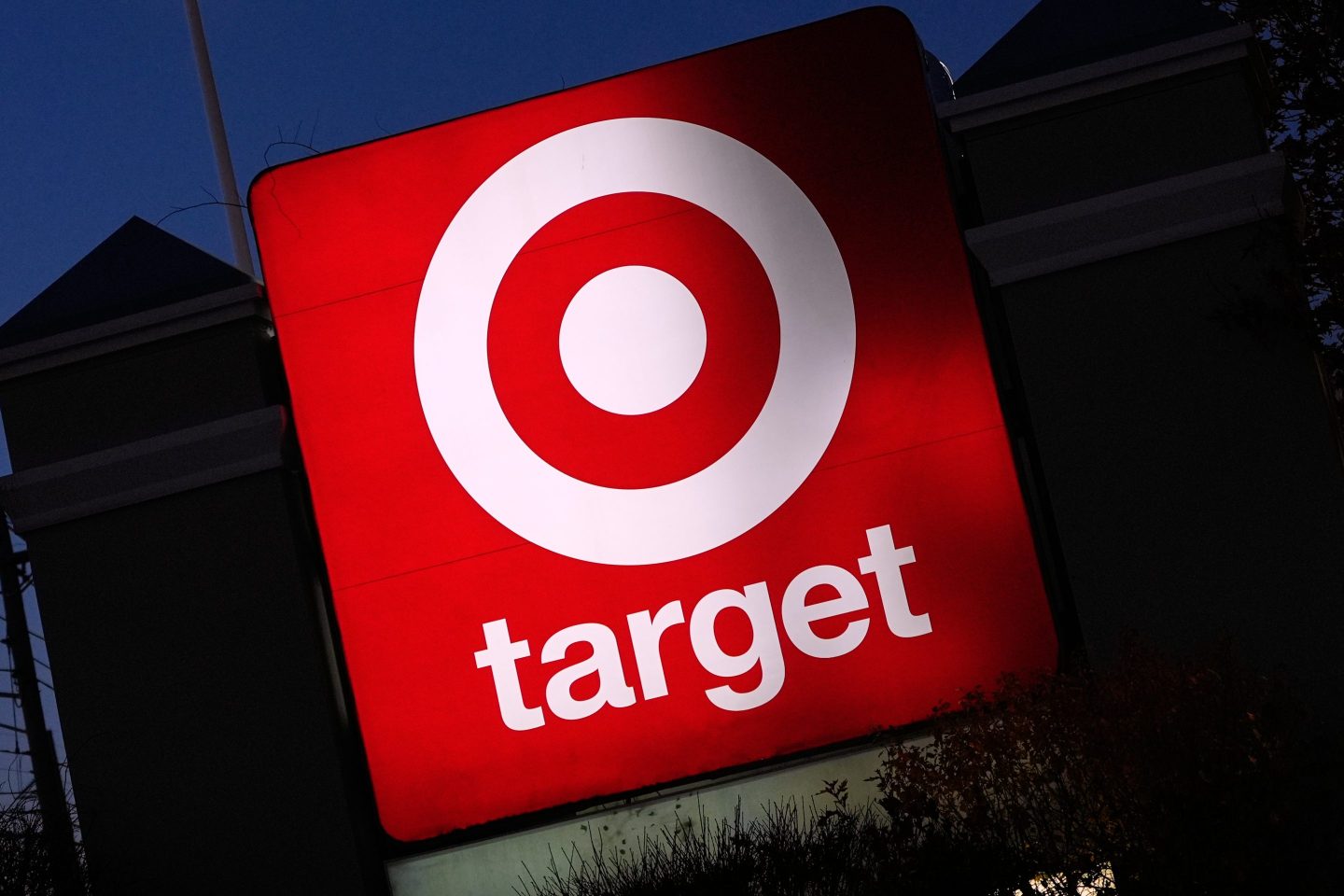Inflation is giving the secondhand clothing industry a big boost.
The secondhand market in the U.S. grew seven times faster than the larger retail clothing space last year, according to the 2024 Resale Report, a new analysis from the clothing resale site ThredUp.
More than half of all consumers shopped for pre-owned apparel last year—and the global market is now expected to reach $350 billion by 2028. In the U.S., that market should hit $73 billion in the same period. By next year, ThredUp predicts, 10% of the global apparel market is expected to be made up of secondhand items.
“The global secondhand apparel market continues to burgeon—a testament to the intrinsic value shoppers find in the secondhand experience,” ThredUp CEO James Reinhart said in a statement.
Rising cost of living and higher prices for new clothes are driving more people to explore the secondhand market. Some 52% of U.S. consumers shopped secondhand apparel last year, with nearly two-thirds of the people who bought pre-owned clothes doing so online.
More than half of the people ThredUp spoke with said they plan to spend more on secondhand apparel if the economy doesn’t improve.
Retailers are taking note, too. Several brands including Kate Spade, American Eagle, J.Crew, and H&M have launched resale programs. All totaled, 163 brands now offer resale shops. And executives expect those divisions to generate a significant percent of their companies’ total revenues within the next five years.
Beyond the financial upside, secondhand clothing also has environmental benefits, with retailers saying it helps them progress toward their sustainability goals and significantly reduces the strain on landfills from apparel waste.












